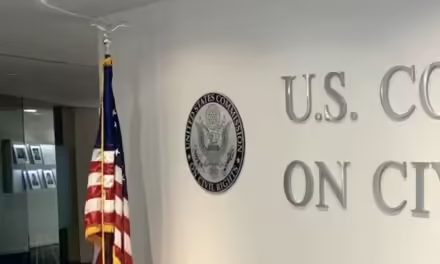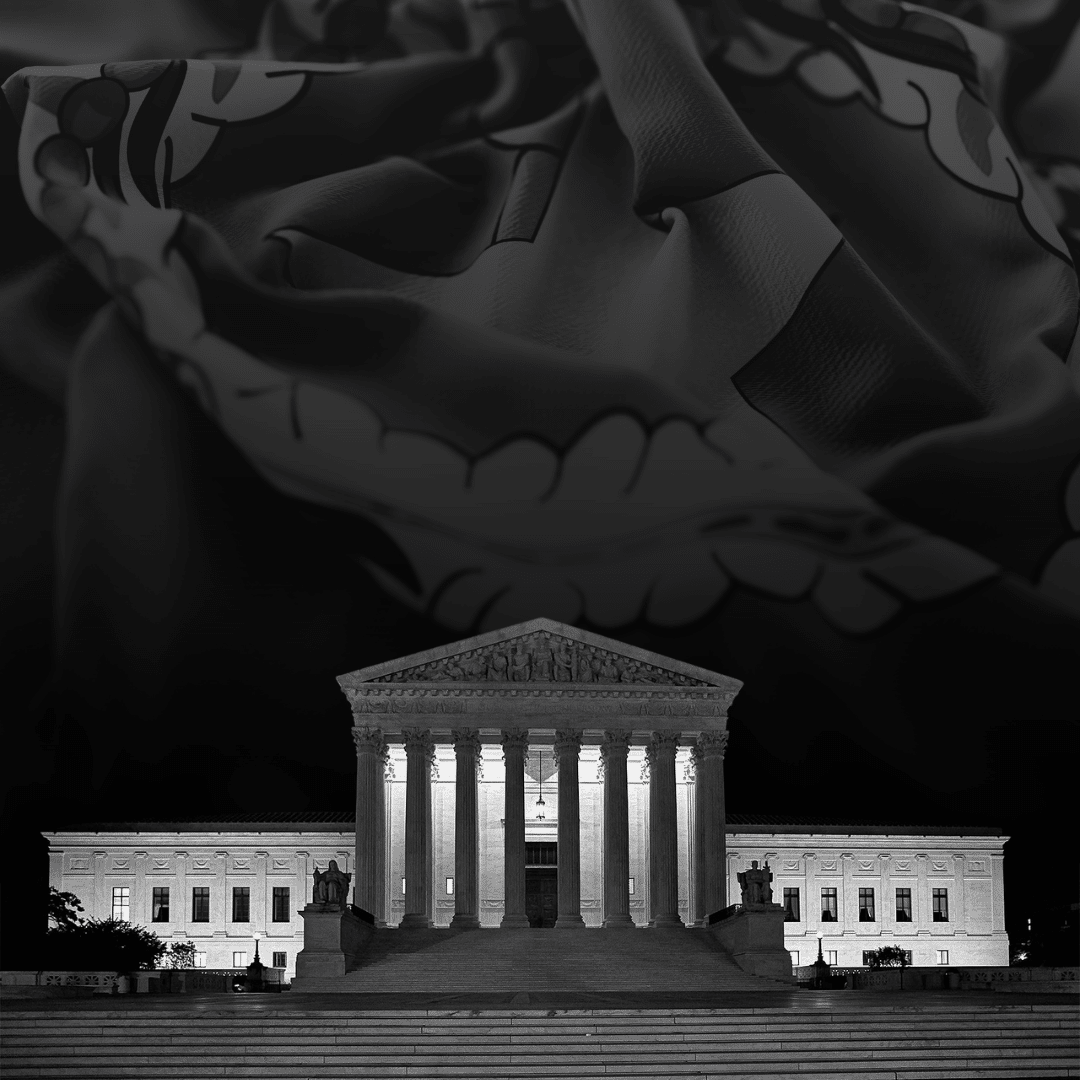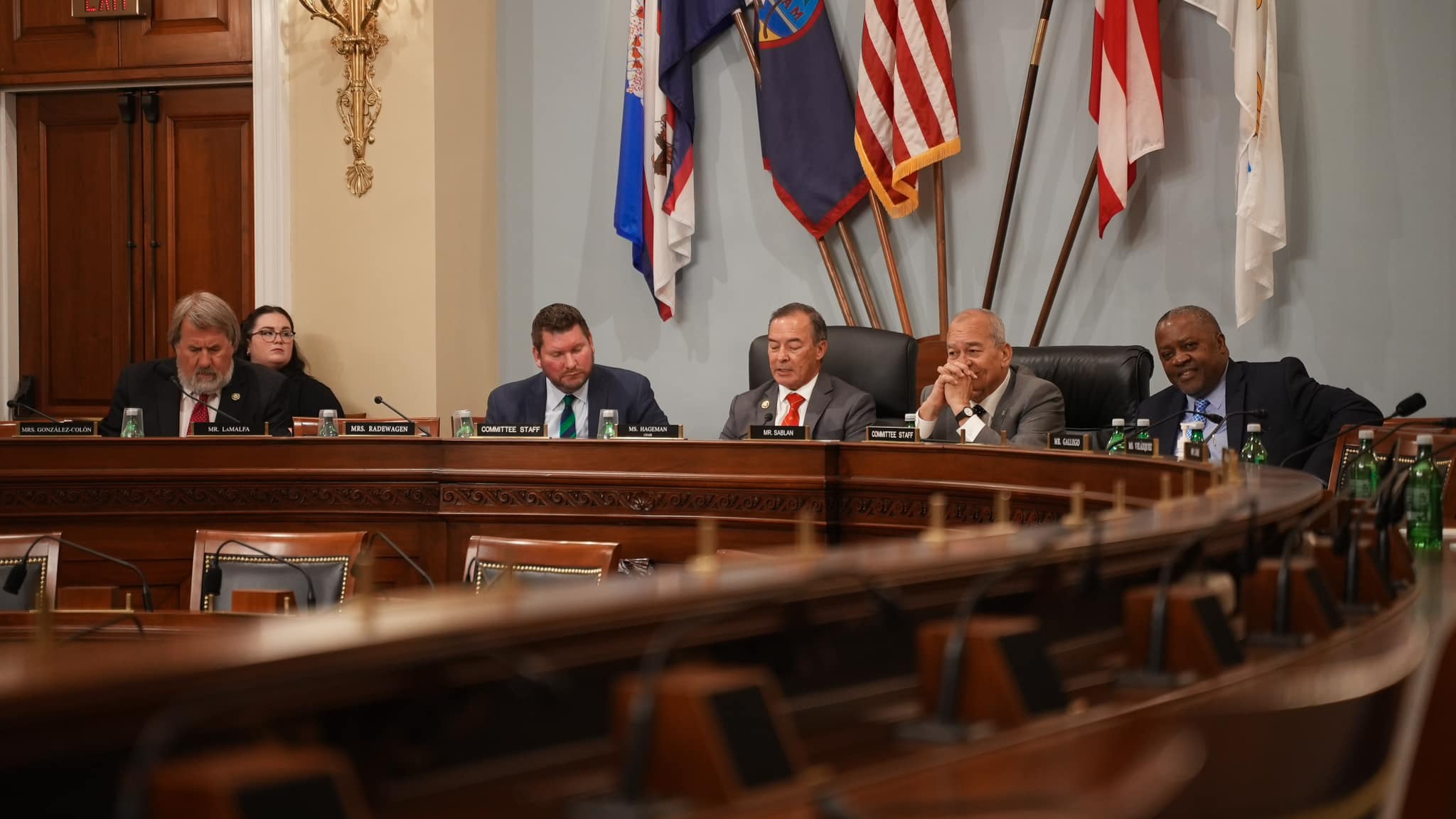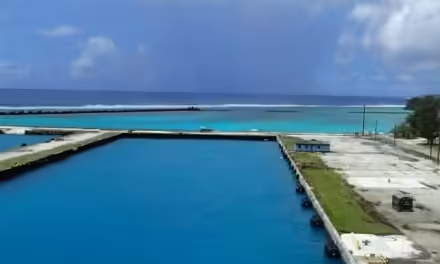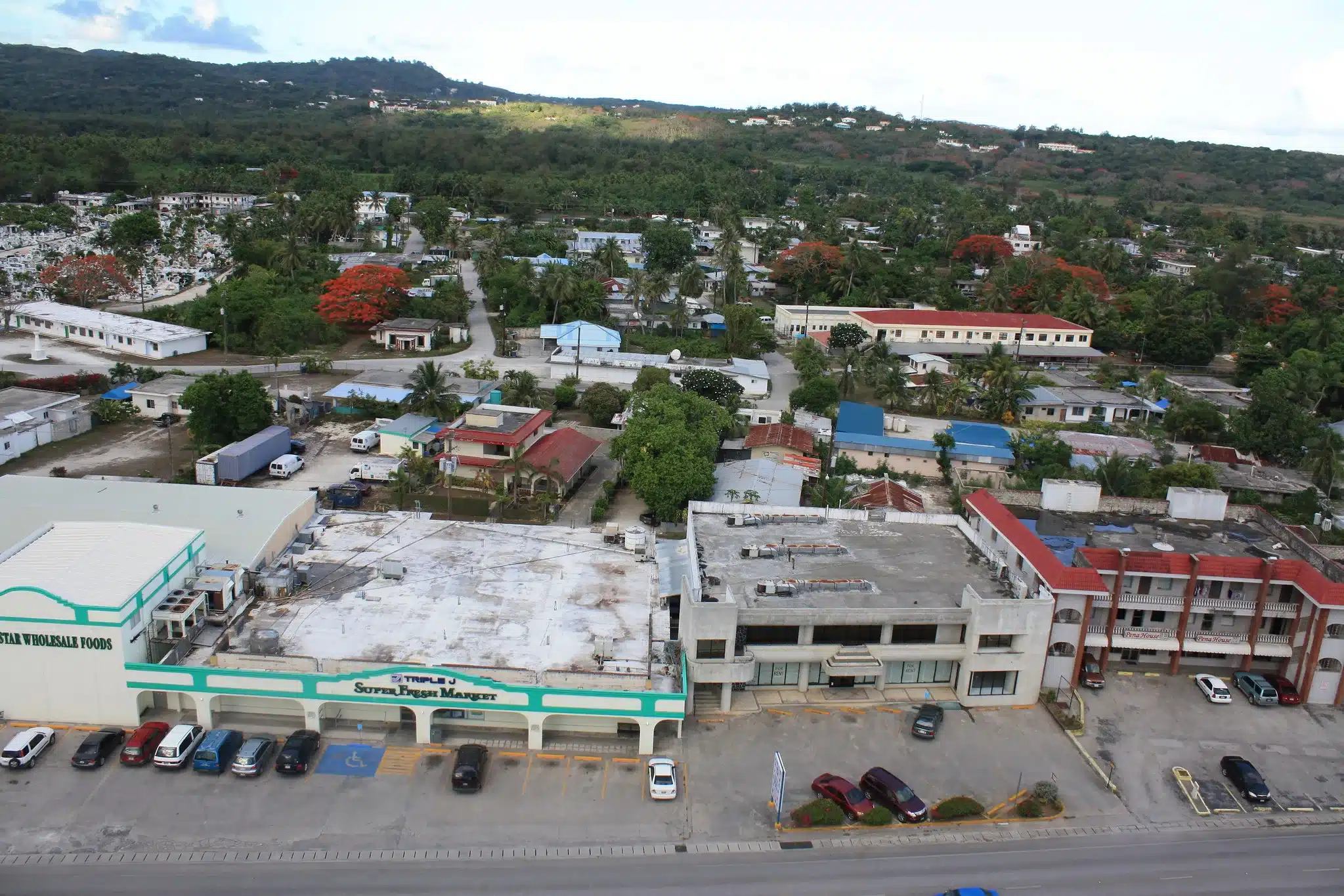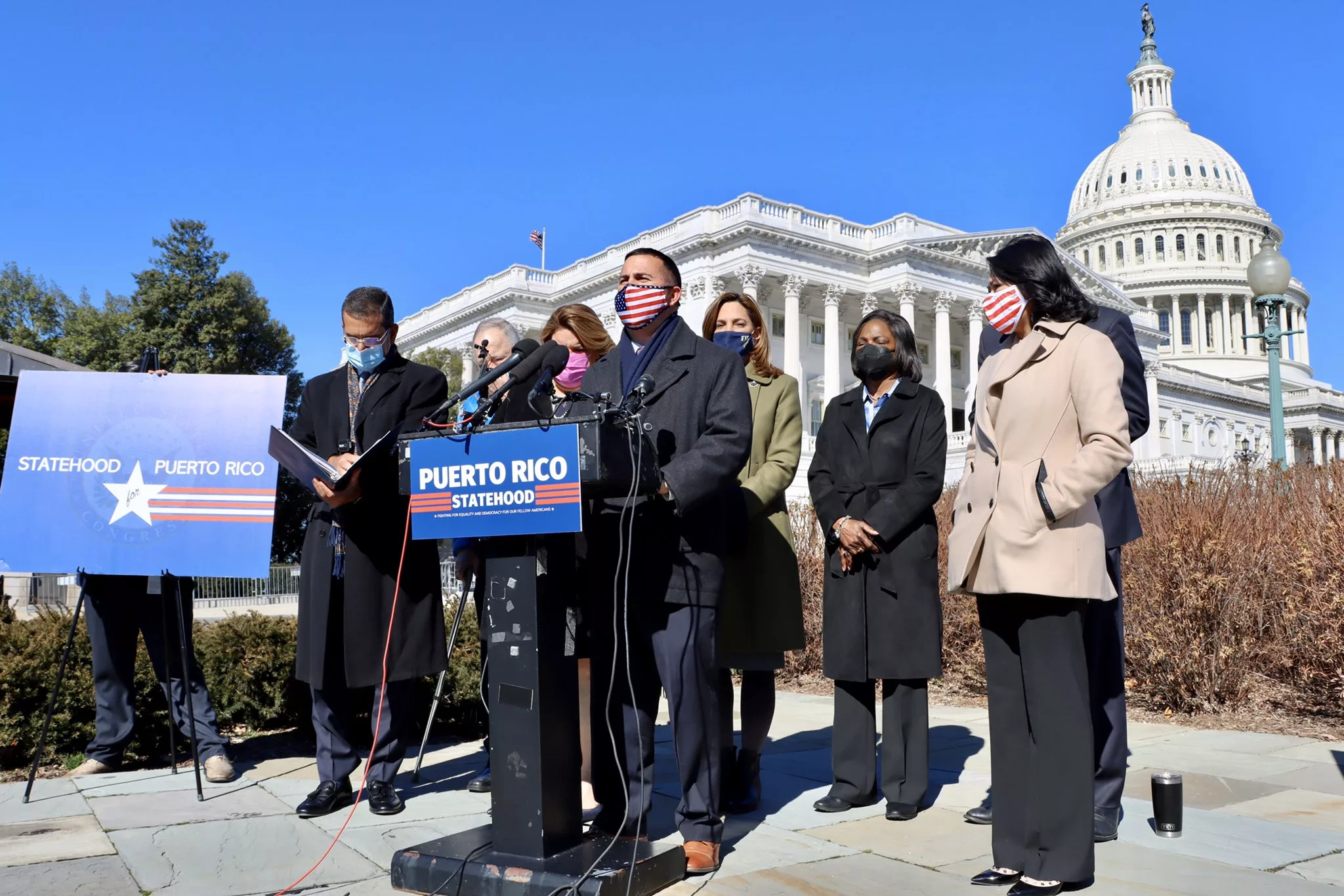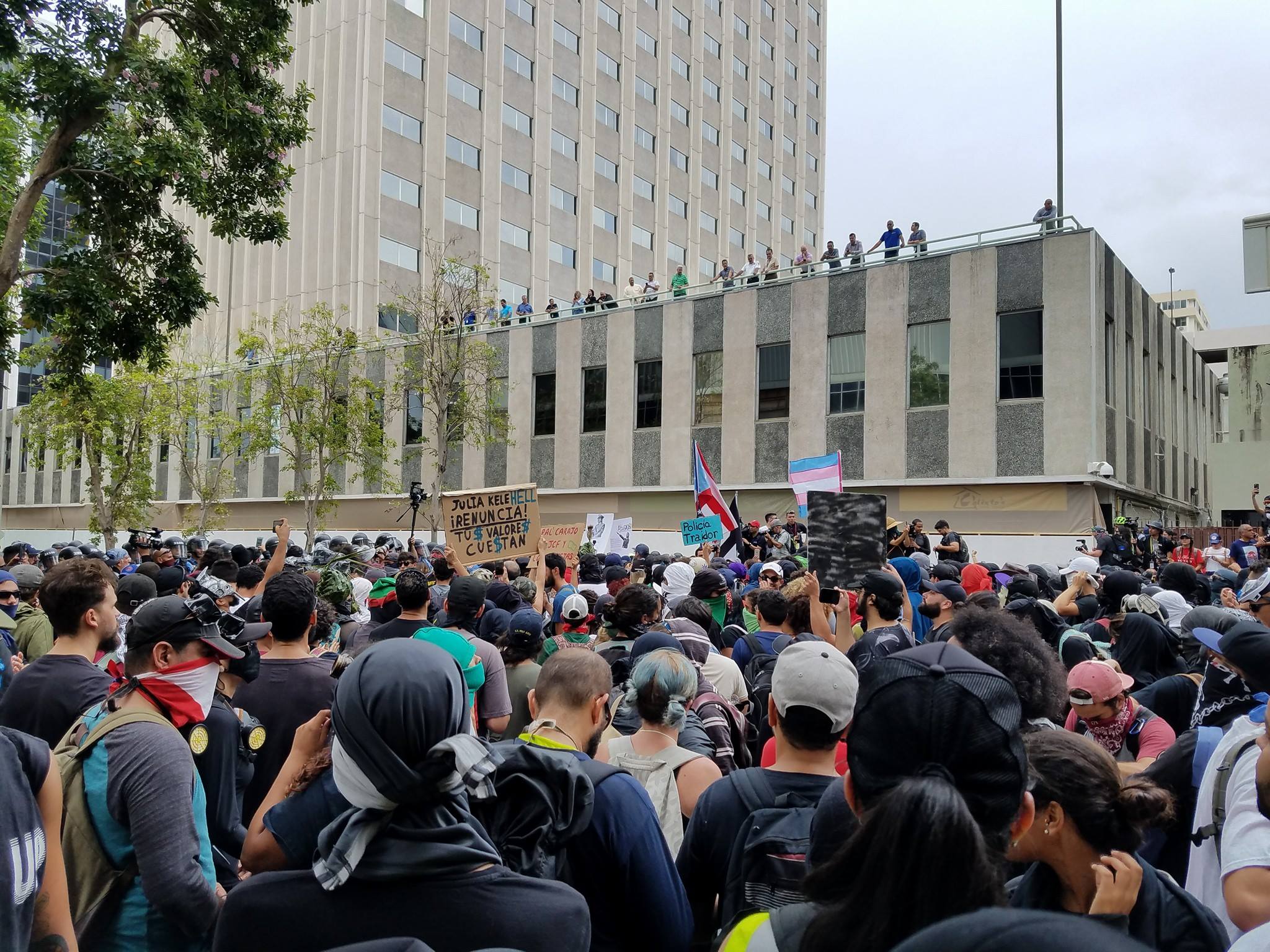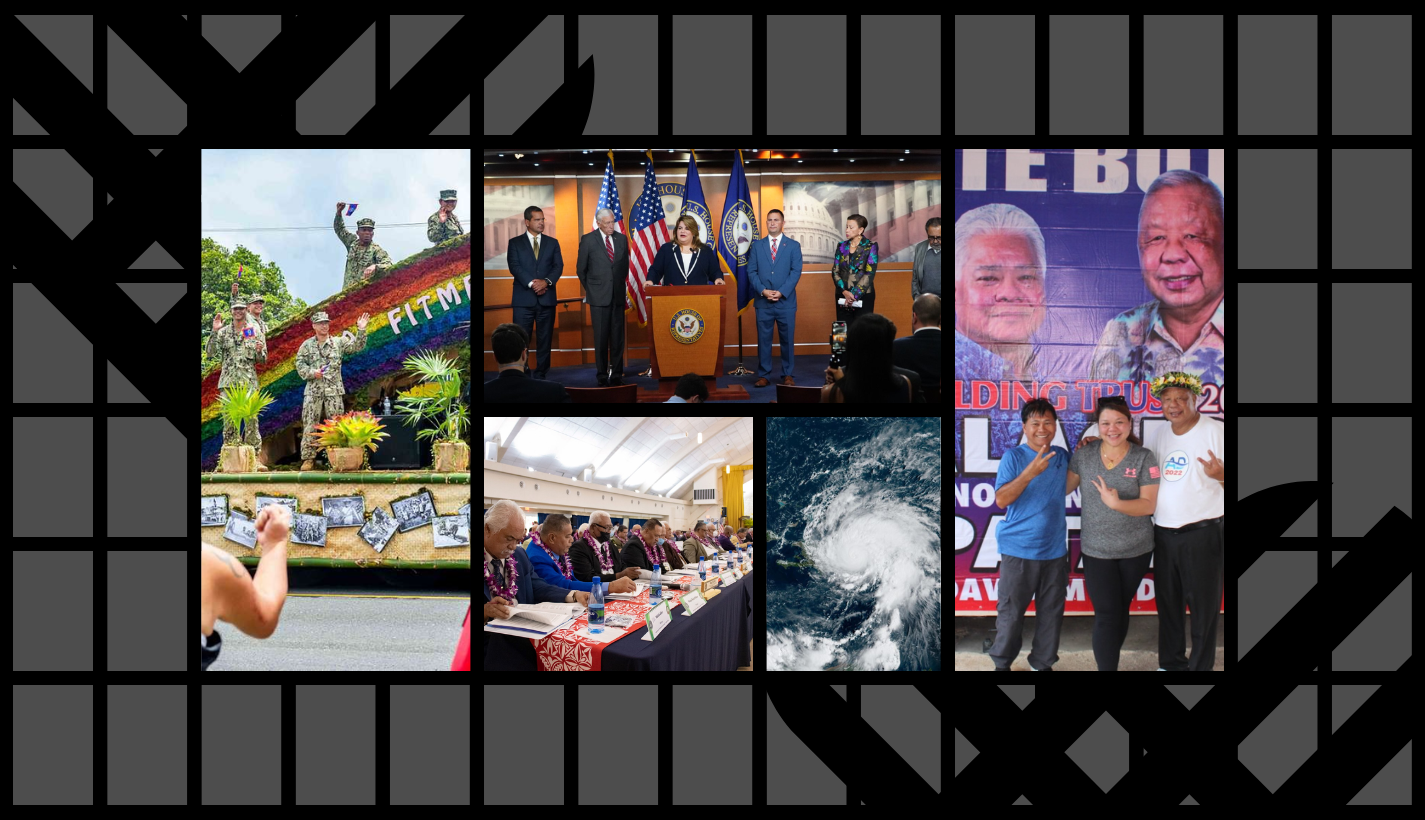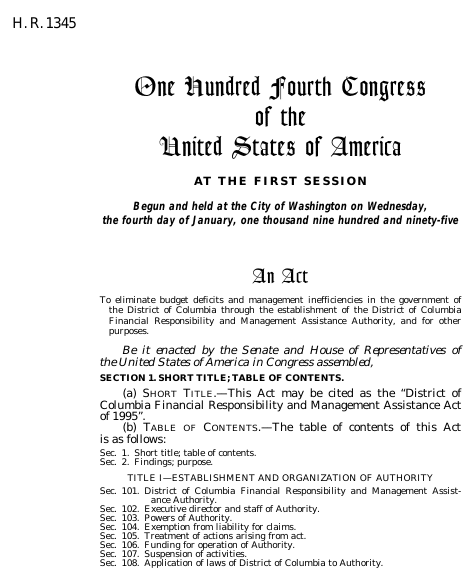The saga of the USS Roosevelt and Guam, in context
There are many perplexing details orbiting the sad, strange saga of the USS Roosevelt. Nevermind that the ship’s commander, Captain Brett Crozier, was removed unceremoniously from his post after asking for help a bit too loudly. Forget that (now former) acting Navy Secretary Thomas Modly went to the trouble of taking a $243,151.65 trip to Guam for the express purpose of launching a (now-infamous) invective to the crew members who felt well enough to attend.
Seemingly lost in this sequence of events, which seems almost business-as-usual in the ongoing politicisation of coronavirus in American politics, is the island of Guam itself. In light of the decision to quarantine potentially infected navy sailors across seven hotels on the island, the question of reciprocity between the unincorporated territory of Guam and the United States federal government feels more salient than ever.
Though the sailors evacuated to the civilian center of the island are said to be un-infected by the disease, many islanders have questioned the wisdom of the evacuation of 2,000 crew members off the Navy base and onto the island to quarantine. Since the evacuation, one sailor, originally presumed uninfected, was found unresponsive in his hotel room. The sailor is currently being treated in ICU for the disease.
Many Guamanian activists have spoken out against the onshore quarantine, citing the potential for sailors to infect service workers in the hotels and thus further the spread in the civilian population. The indigenous activist group I Hagan Famalåo’an Guåhan expressed in a statement, “The decision to house them in the middle of our community is playing a game of chance with the health of our people.”
As of this writing, Guam had 1,000 cases of the virus—855 from the USS Roosevelt alone—and six deaths. Much like the rest of the world, hospital capacities are expected to be pushed beyond their limits.
When speaking with Reuters, Guam governor Lou Leon Guerrero (D) offered the following rationale in defending the disembarking of USS Roosevelt personnel to the civilian region of the island: “These are our sailors who go out in harm’s way to protect our security in this part of the world,” she said. “I feel I have the moral obligation to reciprocate if I could.”
The USS Roosevelt situation illustrates a recurring issue in Guamanian politics: What are the powers of the Guamanian government? Could Guam realistically have denied navy personnel hotel accommodation? Reports on the decision-making process indicate that the inclusion of the governor in discussions was a farce, and Lieutenant Commander Rick Moore, spokesman for the military’s Joint Region Marianas, has referred to the quarantine as a completely military-led operation.
Yet again, it appears that Guam has been saddled with the responsibilities of statehood—in this case, responsibilities that pose a serious health risk to civilians—without the full extent of its benefits. Mere months out from the 2020 presidential election, this imbalance is especially pronounced. Though Governor Guerrero’s justification for hosting the soldiers may hold up on moral grounds, the notion of reciprocity between the island and the US government is tenuous.

